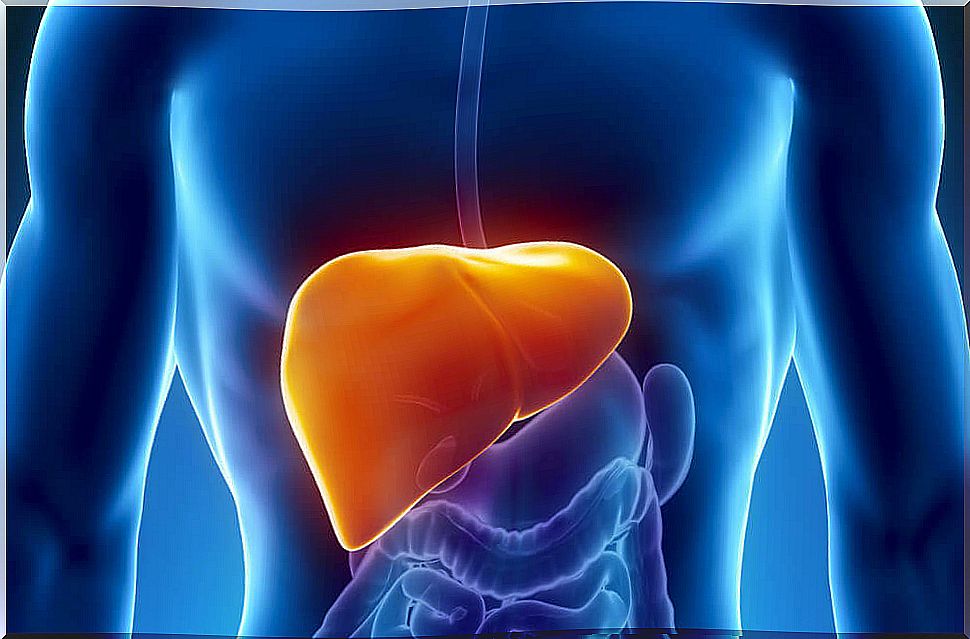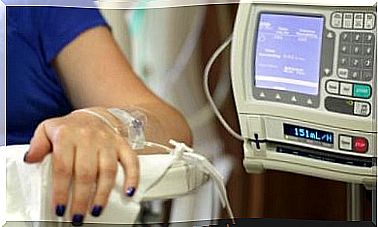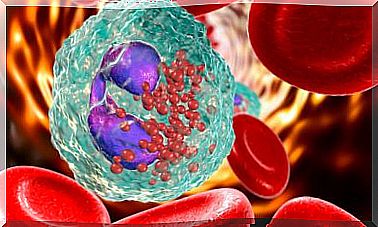What Is Gelocatil Used For?
Gelocatil is a commercial name whose active principle is paracetamol, which was discovered in the German country in 1877. It is a drug indicated in adults for the treatment of pain and fever, due to its analgesic and antipyretic action.
This active principle is one of the most consumed in both Spain and the US It is on the list of drugs created by the World Health Organization (WHO). This list consists of naming a series of medicines to which any health system should have access.
Despite this, the price difference between developing and developed countries is noticeable, being much lower in the latter.
Mechanism of action: how does Gelocatil work?
As mentioned before, Gelocatil is a drug that has analgesic and antipyretic actions, that is, it reduces pain and fever. In order to carry out these two effects, it must act in a specific way in our body.
Regarding the analgesic effect, the exact mechanism of action of this drug is not known. What is known is that it inhibits the synthesis of substances in the body that are responsible for triggering the sensation of pain and that are called prostaglandins.
Prostaglandins, which are lipid molecules, in addition to participating in the production of pain, have other implications in our body such as the production of feverish states, the inflammatory response or their implications in childbirth.
Therefore, by inhibiting the synthesis of these prostaglandins, we cannot feel pain, since it does not occur. To do this, it blocks the function of the enzyme cyclooxygenase (COX) in the central nervous system (CNS).
Regarding its antipyretic effect, fever releases molecules called cytokines , such as IL-1β, IL-6, INFα and β and TNfα. Cytokines enhance the synthesis of prostaglandin E2 in the hypothalamus, which is responsible, through a series of biochemical reactions, of increasing body temperature, leading to fever.
Thus, as Gelocatil inhibits the synthesis of prostaglandins at this level, it manages to lower body temperature and thus fever.
Pharmacokinetics

Gelocatil is an oral drug. Its active principle, paracetamol, is rapidly and completely absorbed through the digestive tract, reaching maximum plasma concentrations after 30-60 minutes.
Paracetamol is 25% bound to plasma proteins, so it is not a high percentage. Regarding its metabolism, 95% of the drug is metabolized in the liver, specifically, in cytochrome P-450. The remaining 5% is excreted directly in the urine without being metabolized.
Paracetamol undergoes, above all, glucuronation and sulfuconjugation reactions. These reactions produce a urine-darkening metabolite called phenacetin. This metabolite is not toxic, like most, however, NAPQI or N-acetyl-p-benzoquinoneimine, if the drug is taken in excess, it is.
This is because NAPQI, under normal conditions, is neutralized by glutathione in the body. However, if toxic doses have been administered, glutathione stores are depleted and NAPQI cannot be neutralized, thus triggering its hepatotoxic effects.
Indications
Due to the analgesic effects that Gelocatil has, the drug is indicated in adults who suffer from occasional mild and moderate pain such as:
- Headache.
- Dental pain.
- Muscle aches such as when a person has contractures or pain in the back, such as in a lumbago situation.
In addition, thanks to its antipyretic action, it is used in feverish symptoms. It should be borne in mind that if Gelocatil is administered for the treatment of feverish symptoms and it does not improve within 3 days of treatment, a doctor must be contacted. The same happens in the treatment of pain but after 5 days of treatment.
Gelocatil adverse reactions

The most important and serious adverse effect that Gelocatil can trigger due to its active principle is a picture of hepatotoxicity, that is, toxicity to the liver. However, a patient who is taking this medicine may also experience some of the following adverse reactions, which although not so serious, may be more frequent:
- Both nose and gum hemorrhages.
- Decrease in some components of the blood such as leukocytes or platelets.
- Anaphylactic shock: This adverse reaction is triggered when a person is allergic to the drug. It is quite serious, so the use of Gelocatil is completely contraindicated in people allergic to it.
People allergic to paracetamol or any other component of Gelocatil should not consume it and, if due to ignorance they have already done so, they should contact their doctor as soon as possible.









